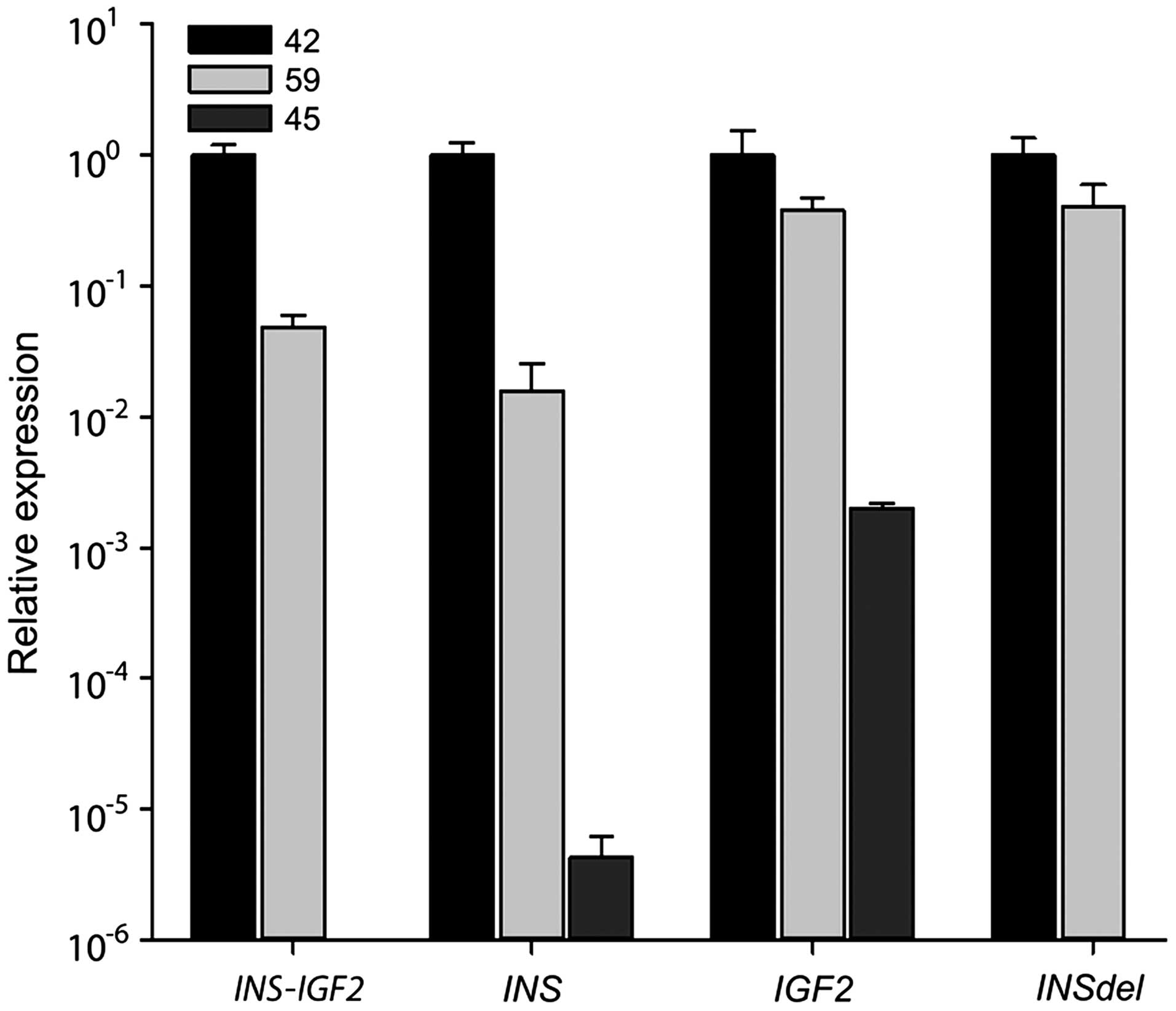

Nevertheless, to meet the increasing demand for edible oil worldwide, it is important to understand the genetic mechanism underlying rapeseed productivity. The productivity of rapeseed has been significantly increased in the last ten years, mainly due to the high yielding cultivars, mechanical harvesting, and better agronomic practices. Rapeseed ( Brassica napus L., AACC, 2n = 38) is one of the most important oil crops in the world for the production of vegetable oil and animal feed. The allele we found in the current study with a beneficial effect on seed yield can be incorporated into rapeseed breeding pool to develop new varieties. We found that 02 paralog has pleiotropic effect on plant architecture and yield-related traits in rapeseed. Mutant plants carrying stop codon mutations in the COOH domain of 02 paralog did not have a significant effect on plant architecture, yield-related traits or the expression of the downstream targets. Apart from phenotypic changes, stop codon mutation in K domain of 02 paralog also altered the expression of putative downstream target genes like Bna.TFL1 and Bna.FUL in shoot apical meristem (SAM) of rapeseed. Furthermore, yield-related traits like seed yield per plant and number of seeds per plants were also significantly altered in the same mutant family. It was evident that stop codon mutation in the K domain of 02 paralog caused significant changes in flower morphology as well as plant architecture related traits like plant height, branch height, and branch number. Three stop codon mutant families carrying a mutation in 02 paralog were analyzed for different plant architecture and seed yield-related traits. To understand the function of one of the meristem identity genes, APETALA1 ( AP1) in rapeseed, we performed phenotypic analysis of TILLING mutants under greenhouse conditions. Meristem identity genes are known to have pleiotropic effects on plant architecture and seed yield in various crops. As flowering time and plant architecture play a key role in the regulation of rapeseed yield, understanding the genetic mechanism underlying these traits can boost the rapeseed breeding. Increasing the productivity of rapeseed as one of the widely cultivated oil crops in the world is of upmost importance.


 0 kommentar(er)
0 kommentar(er)
